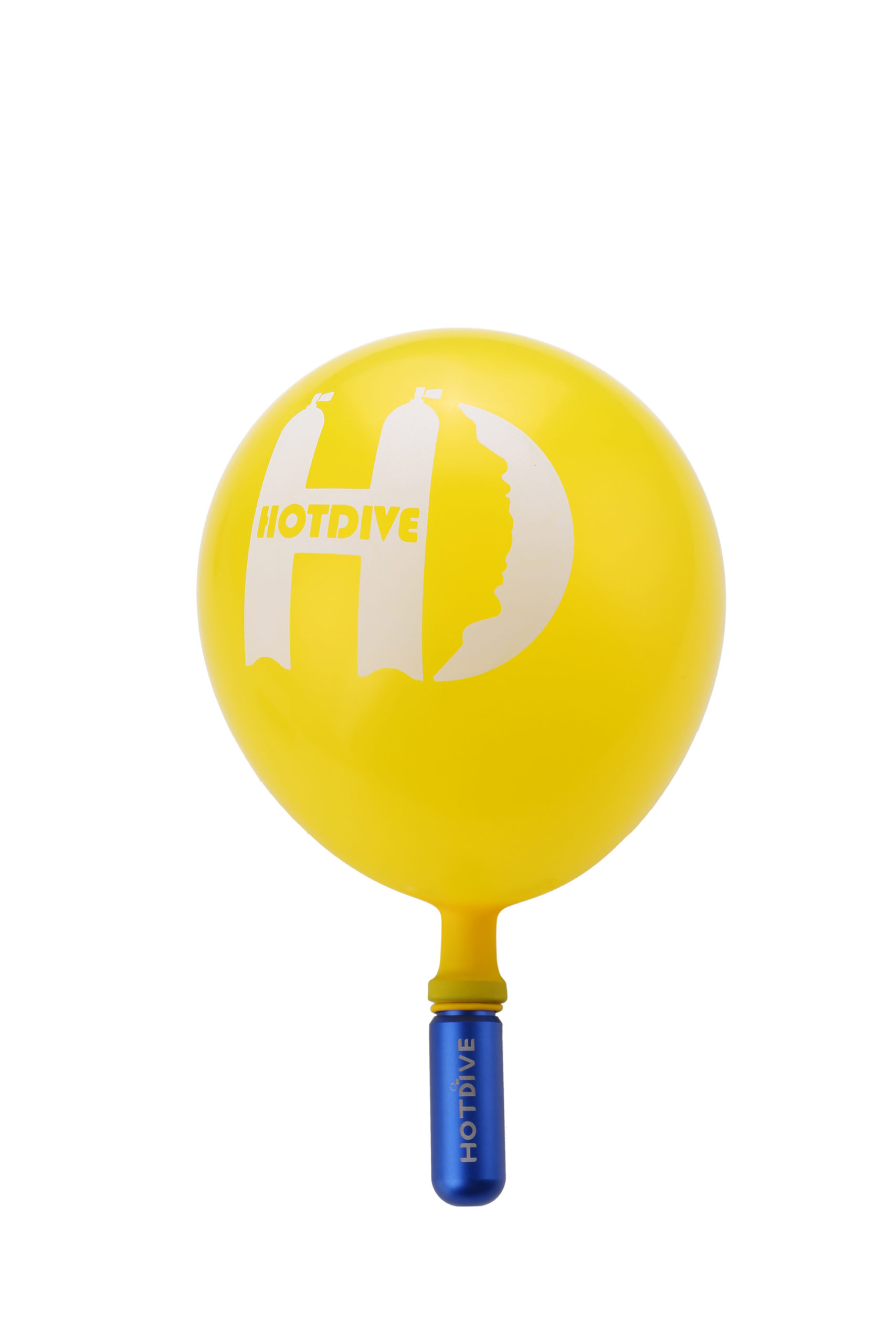thomasj1107
Contributor
Quick background…early life, lots of ear problems, mostly resolved, can now equalize fine scuba diving I have to go a little slower than some maybe but I think that may just be paranoia. Finally got certified this year. Freediving, I’ve always had trouble equalizing and assumed it was because of the initial head down fins up position that just made it seem impossible for me. With that being said I WANT to be able to freedive and equalize as well as I do while on scuba. Do these freediving classes that PADI does and stuff like that help with this situation? Is it normal for someone to have trouble equalizing while freediving but not really have a problem on scuba?





